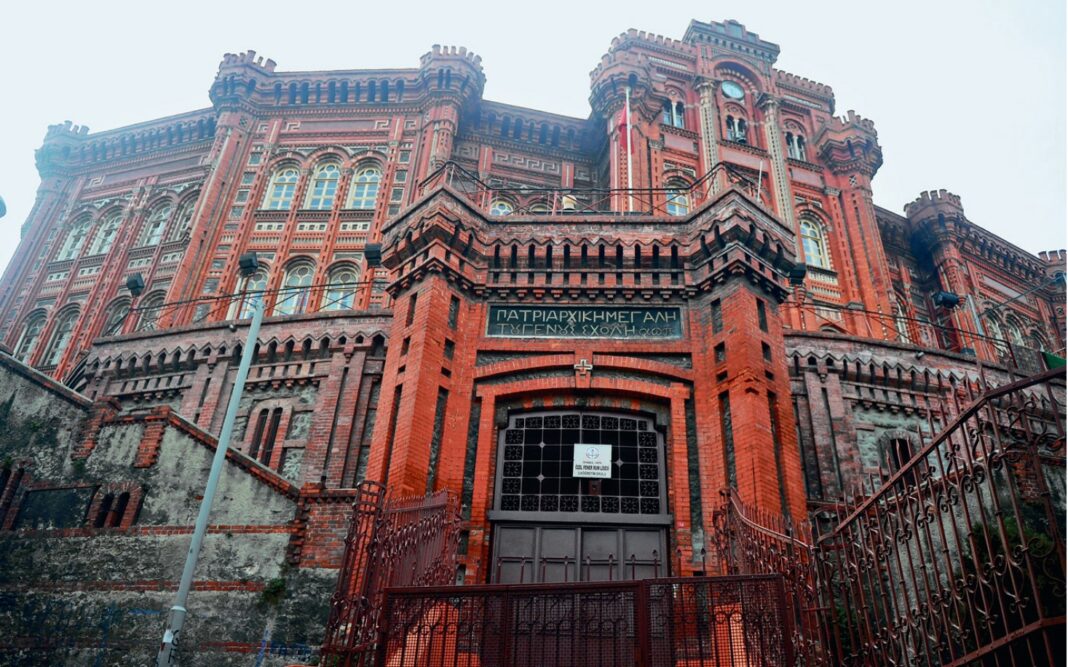Turkey’s Education Ministry has introduced new restrictions affecting Greek minority schools in İstanbul, reciprocating a similar move by Greece for Muslim minority schools in Western Thrace, likely to again strain relations between the two neighbors, the Greek Kathimerini newspaper reported.
The new guidelines, imposed by the Turkish Education Ministry, limit events and visits to Greek minority schools that are not directly for educational purposes.
Any events or activities related to education must be approved by Turkish authorities at least 15 days in advance, according to the new rules. Only parents or officials from the Education Ministry are permitted to visit these schools, and any requests for visits must also be submitted at least two weeks prior for approval.
Based on its sources Kathimerini reported that, these measures closely mirror those previously enacted by Greek authorities regarding Muslim minority schools in Western Thrace, indicating a tit-for-tat dynamic in educational oversight.
The operation of Greek minority schools in Turkey and Muslim minority schools in Western Thrace, which has a predominately Muslim population, is regulated by the 1923 Lausanne Treaty, which resulted in the exchange of approximately 1.2 million Christian Orthodox individuals from Turkey for nearly 400,000 Muslims from Greece.
According to the agreement people residing in İstanbul and the Aegean islands of Gökçeada and Bozcaada were exempted from the forced exchange. Their numbers, which totaled 135,000 at the time, are estimated to have shrunk to 1,500, primarily comprising the elderly, today.
Both sides have been accusing each other of trying to hinder the functioning of the minority schools and pursuing policies aimed at the assimilation of students at these schools.
There are several Greek schools in İstanbul, while there are 235 minority primary schools and two minority secondary schools in Thrace.
The latest development concerning the Greek and Muslim minority schools comes amid recent efforts aimed at easing tensions in bilateral relations between the two neighbors and NATO allies.
The countries agreed last year to reboot their relations, pledging to keep open channels of communication and work on the issues that have kept them apart, from airspace to maritime jurisdiction in the eastern Mediterranean and ethnically split Cyprus.
